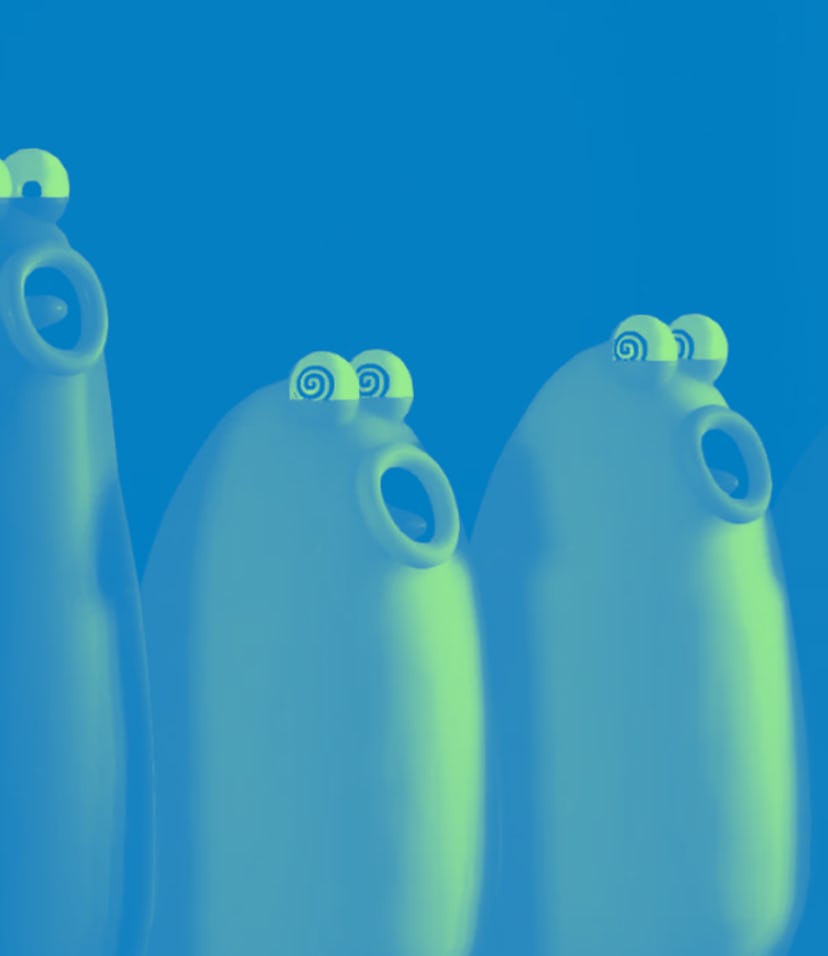Culture
Let's be real, Google's Blob Opera slaps
The new interactive experiment from Google Arts & Culture looks like a bunch of sex toys performing Gregorian chants. Need we say more?

We know this will be controversial to many, but we here at Input cannot shy away from the Truth™, no matter how much it hurts: contrary to popular belief, "WAP" is not the song of the year. Although it pains us to say it, with just two weeks left to go in 2020, a new usurper to the throne has emerged to take the Number One spot away from Cardi B and Megan Thee Stallion. That brash upstart? A choir of hypnotic, borderline obscene blobs from Google singing nonsensical chamber music like they're a bunch of high-brow Minions.
Created by David Li for Google's Arts & Culture initiative, the Blob Opera plugged 16 hours of recorded material from actual, operatically trained performers into a machine learning program to approximate human vocal ranges. Instead of words, each of the four blobs (a bass, tenor, mezzo-soprano, and soprano) can imitate vowels, making the sessions sound more like a round of Gregorian chanting than a diva's aria. We're probably just nitpicking here, though, because no matter the musical era it imitates on command, one thing is undisputed:
The Blob Opera slaps.
Using AI music for evil — While the Google Blog Opera is unequivocally a Good Thing, developments in music-based machine learning isn't always a great idea. Only recently, a patent filed by Spotify appears to indicate the company is looking into providing AI-generated music as a cheaper alternative to licensed artists. But hell, it's not just machine-learned music that is committing auditory sins. Take VOC-25, for instance, which although human-directed, remains pure, unadulterated nightmare fuel.
In the end, maybe we should establish a couple basic rules for the future of musical experimentation: Let's leave the machine-learned genres to Blob Opera, and focus our human efforts on projects like Ratatouille: The Musical.